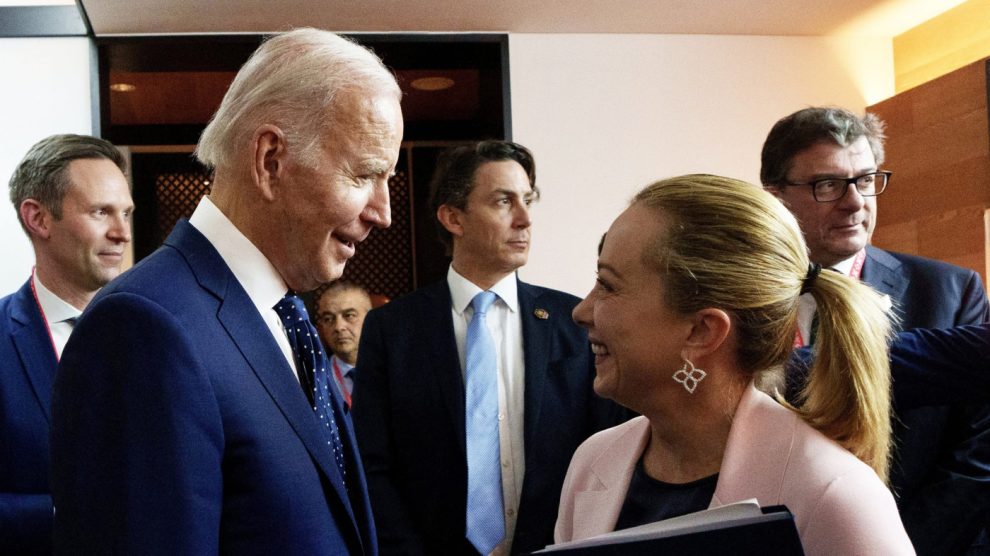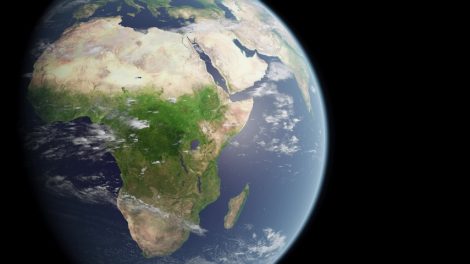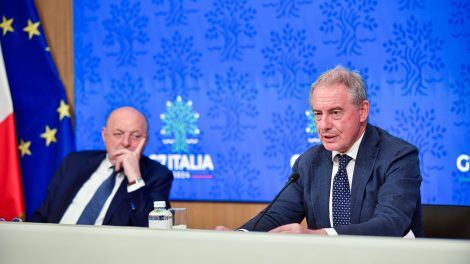Tech talks between Rome and Washington. Cooperation in the field of science and technology is one of the central themes in Thursday’s White House meeting between Italian Prime Minister Giorgia Meloni and United States President Joe Biden. The entente is already very strong: data from the National Science Foundation shows that about 15,000 Italian researchers work in the US (over 3,000 are members of the Italian Scientists and Scholars in North America Foundation, promoted and supported by the Italian Embassy).
- Looking forward, the two countries aim to close new research agreements centred on semiconductors and advanced materials.
The national security angle permeates this push, especially in light of the challenge posed by China (Italy’s choice on the Belt and Road Initiative is also one of the dossiers on the leaders’ table). The main US counterintelligence agency identifies artificial intelligence, bio-economy, autonomous systems, quantum and semiconductors as the most vital areas – and Italy is eager to up cooperation in these fields.
- Rome is essentially asking Washington to aid it and its allies in building a stronger general cooperation framework. This can take many shapes – such as a US chipmaker confirming its plans to build an Italian production site.
Diplomatic comings and goings. The ground for some of the White House meeting’s topics has been prepared through a spate of diplomatic missions. Several ministers of the Italian executive travelled to Washington over the past weeks, including Giancarlo Giorgetti (Economy), Giuseppe Valditara (Education), Adolfo Urso (Business), Antonio Tajani (Foreign Affairs), Guido Crosetto (Defence) and Matteo Piantedosi (Interior).
- Ministers Urso and Crosetto also worked hard on space, one of the many sectors in which the two countries are historical partners (and deepening their cooperation).
Intensifying research links… The largest network of scientific attachés sent out by the Italian Ministry of Foreign Affairs operates in the US. Currently, there are five (three at the Embassy in Washington and two at the Houston and Chicago consulates), slated to become seven by the end of the year, with new additions in Boston and San Francisco.
- The Embassy hosts another attaché dealing specifically with space.
- The new Italian Innovation and Culture Hub (Innovit) opened by the MFA in San Francisco also includes a research and technology transfer division, set to be strengthened in the coming months.
… built on solid foundations. The cooperation is based on countless agreements between Italian and US universities and research centres, as well as thousands of collaborations between individual researchers underpinned by the reference framework built on a 1988 bilateral scientific and technological agreement. Every three years, Washington and Rome update the document’s priorities through a joint declaration. The current one was signed in January and provides for the following priority areas:
- physics and astrophysics;
- earth sciences, applications and observations;
- health and life sciences;
- climate change and mitigation;
- advanced materials;
- quantum information science;
- energy transition;
- digital transition and artificial intelligence, with a special focus on robotics and autonomous vehicles.
- In September, Italy’s Ministry of Universities and Research and the US’ National Science Foundation signed a memorandum of understanding to fund Italian-American research projects dedicated to artificial intelligence.




